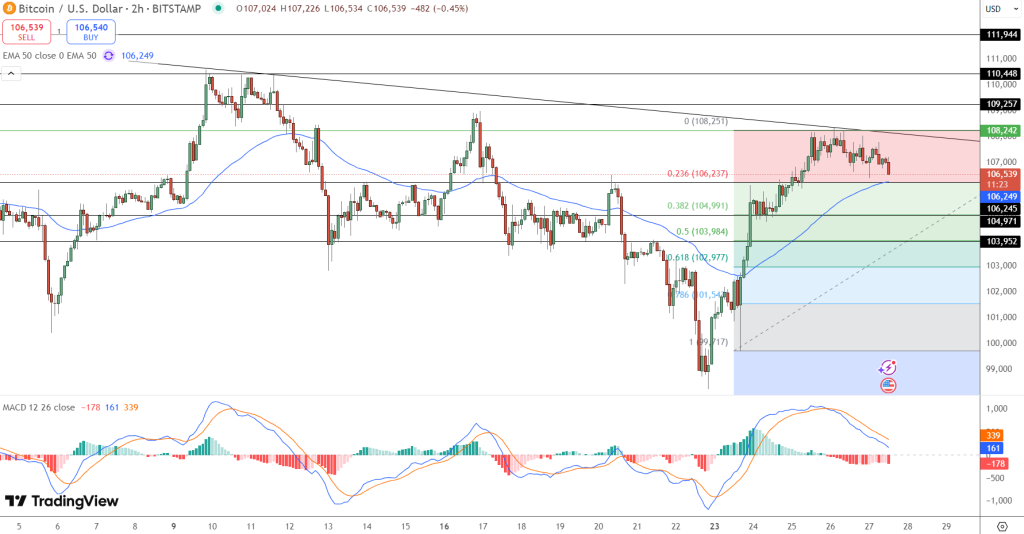Receive free Political espionage updates
We’ll send you a myFT Daily Digest email rounding up the latest Political espionage news every morning.
A British parliamentary researcher accused of working for Beijing has denied all spying allegations levelled against him.
Speaking through Birnberg Peirce, the law firm representing him, the researcher said he felt “forced to respond to the media accusations that I am a ‘Chinese spy’”.
“Given what has been reported, it is vital that it is known that I am completely innocent. I have spent my career to date trying to educate others about the challenge and threats presented by the Chinese Communist party,” he added.
“To do what has been claimed against me in extravagant news reporting would be against everything I stand for.”
The Metropolitan Police has confirmed that two men were arrested in March under the Official Secrets Act over allegations of espionage-related offences. One, who is in his twenties, worked as a parliamentary researcher and was arrested from his home in Edinburgh.
The spying allegations come as the debate over the UK’s stance towards Beijing intensifies in Westminster following successive high-profile reports by MPs over the past year highlighting China’s “increasingly sophisticated” spying operation overseas, as well as its domestic record of human rights abuses.
Prime Minister Rishi Sunak told Chinese premier Li Qiang at the G20 summit in New Delhi last week that he had “significant concerns about Chinese interference in the UK’s parliamentary democracy”.
MPs including Sir Iain Duncan Smith and Tim Loughton have called for China to be categorised as a “threat” following a series of espionage allegations over recent years. Government policy at present describes China as an “epoch-defining challenge”.
“Why aren’t we calling China what they are, which is a systemic threat,” said Duncan Smith, adding that the reclassification would allow government agencies to recognise “what they’re up against” and move to block China’s penetration of British institutions.
Foreign secretary James Cleverly travelled to Beijing late last month in an effort to improve economic ties with China despite areas of “disagreement” over human rights and concerns around espionage. The visit was criticised by some MPs, who felt it demonstrated weakness.
“Frankly the British government and the establishment is so desperately thinking about China as a business partner they fail to realise how dangerous and threatening China is becoming,” Duncan Smith told Times Radio. “This idea that somehow Britain is involved in some balanced dialogue is utter nonsense.”
Loughton said Beijing’s “tentacles” had reached far into British institutions, and we “cannot view the CCP as anything other than a hostile foreign threat”.
Andrew Yeh, deputy director of the China Strategic Risks Institute, a London-based think-tank, warned that “these developments must spell the end of any remaining naivety across government on China”.
“There can be no pretence that the Chinese government is solely an economic threat. It also presents a profound challenge to the very functioning of Britain’s parliamentary democracy,” he said.
Kemi Badenoch, secretary of state for business and trade, defended the government’s position on China and said ministers had to be “very careful with the language that we use”.
“I believe it’s our fourth largest trading partner,” she said. “There are a lot of people whose jobs and livelihoods depend on the relationship that we have with them.”
China on Monday described the spying allegations as “entirely groundless”.
“The so-called Chinese involvement in espionage activities in the UK is entirely groundless,” the foreign ministry said. “China strongly opposes it and urges the UK to stop spreading false information, cease political manipulation against China, and refrain from malicious defamation.”
Credit: Source link











